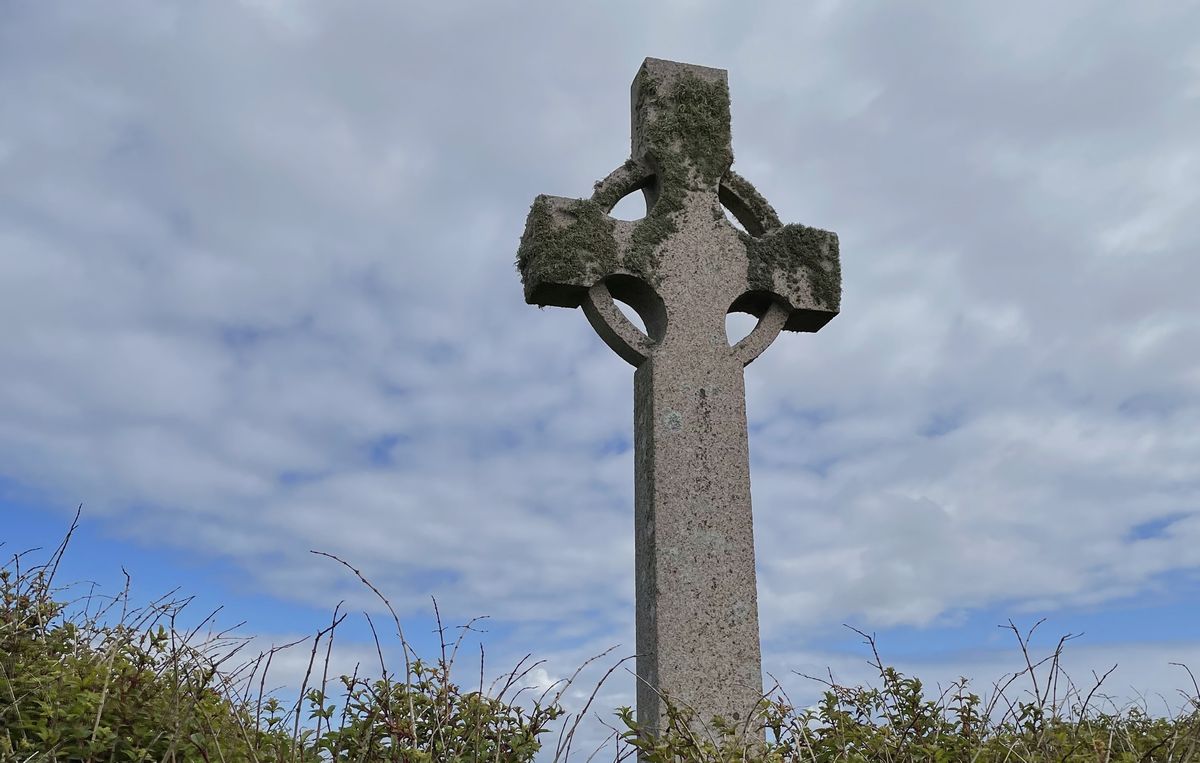Celtic Advent Worship

Please make plans to join us, for one of two services, as we celebrate Advent in the Celtic tradition.
Celtic worship is a simple, sometimes modest, service that uses plain language, meditative silences, and emphasizes our connection with nature.
Each worship service will focus on the light shining in the darkness.
Camp Gilmont will host our first service on Sunday, December 11th at 3:00 p.m. (weather permitting, worship will take place at the outdoor tabernacle.)
Westminster Presbyterian Church will host our second service on Tuesday, December 13th at 7:00 p.m. Westminster is located at 1330 S. Fielder Road in Arlington.
Come and bring a friend and experience the light that shines in the darkness.
Questions? Please email Rev. Steve Shive, who is coordinating worship.
______________________________________________________
Author J. Philip Newell, in the collaborative book Gathered and Scattered: Prayers and Meditations from the Iona Community, summarizes the difference in Celtic worship like this:
“A main characteristic that distinguishes the Celtic tradition is the belief that creation is essentially good… and God forever sees what is created as essentially good.
How this becomes interpreted in Celtic spirituality (and what has been regained since it has come back into popular practice in recent years) is a focus on incarnational living ─ that we are encouraged to see God in the ordinary things of life, creating no false divide between the sacred and the secular.
It is thus an integrative spirituality, joining body and soul, work and worship, wonder and ordinariness. It sees the presence of God infusing daily life and transforming it. Worship that is characterized as ‘Celtic’ takes on much of this flavour – exercising an awareness of issues common to the scope of creation and the human condition, with an emphasis on justice and healing.
It is typically offered in language that is inclusive, sensitive, honest, gentle, intimate, and heartfelt. Many find it appealing because it is relatively informal and highly accessible both intellectually and emotionally.”
